PTSD
PROVIDED BY
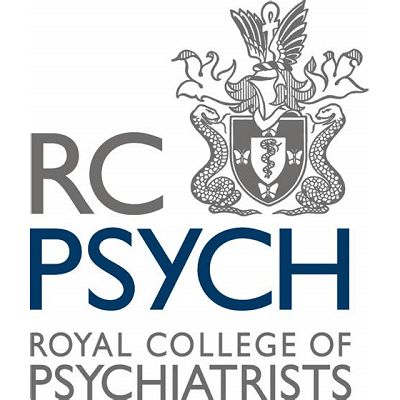
This information is for anyone who is experiencing post-traumatic stress disorder (PTSD), or who knows someone who is.
What is PTSD?
Post-traumatic stress disorder (PTSD) is a mental health condition that can be caused when someone is exposed to a traumatic event.
Many people who go through a traumatic event will experience negative emotions, thoughts and memories. However, most people will feel better over time. When these negative reactions don’t go away, and interfere with someone’s daily life, then they might be suffering from PTSD.
What causes PTSD?
PTSD can affect anyone, and is caused when someone is exposed to actual or threatened:
- death
- serious injury
- sexual violence
They may be exposed in one of the following ways:
- Directly – it happened to them
- Witnessing – they saw it happen to someone else
- Learning – they found out that it had happened to someone very close to them
- Repeated exposure – they have been repeatedly exposed to traumatic incidents themselves or to repeated traumatic events affecting other people. We also know that some people who are exposed to traumatic events through electronic media, television, movies or pictures at work may experience mental health difficulties.
Examples of traumatic events can include:
- witnessing a violent death
- serious accidents, e.g. a car crash
- physical or sexual assault
- serious health problems or being in intensive care
- complicated childbirth experiences
- being diagnosed with a life-threatening illness
- war and conflict
- terrorist attacks
- natural or man-made disasters, e.g. tsunamis or fires
It’s important to remember that there are a huge number of events not covered here that could cause PTSD. If your experience is not covered here, that does not mean you shouldn’t seek help and support.
Why are traumatic events so shocking?
Traumatic events are shocking because we cannot make sense of them. They don’t fit with our sense of what the world should be like.
Traumatic events often appear to be ‘random’ or don’t have a clear cause. They do not fit in with our views about how the world should be, which can make it difficult for us to understand the meaning behind them.
Traumatic experiences also show us that bad things can happen to us and the people we care about at any time. This can lead to us feeling unsafe and threatened which is understandably frightening. Sometimes traumatic events can make us question who we are, which can be distressing too.
What happens when someone has PTSD?
Many people will experience traumatic events throughout their lives. About one third of adults in England report having experienced at least one traumatic event. However, not everyone who experiences a traumatic event will go on to develop PTSD.
Many people can experience grief, sadness, anxiety, guilt and anger after a traumatic experience. This does not necessarily mean that someone has PTSD. People who have PTSD often have many of the following symptoms. These can start immediately, or they might take some weeks or even months to begin.
With PTSD, these symptoms will interfere with your day-to-day activities and/or cause you to feel extremely distressed. If you have any of these symptoms immediately after a traumatic event, this does not necessarily mean that you will develop PTSD.
Re-experiencing symptoms
- Memories – Having unwanted memories of the event, known as intrusive thoughts, that are very overwhelming and distressing.
- Dreams – Having distressing dreams or nightmares about the event.
- Dissociative reactions – Feeling or acting as if the traumatic event is happening again (known as flashbacks). In extreme situations, you might stop being aware of what is happening around you.
- Physical and psychological distress – Feeling very distressed and physically aroused (e.g. fast breathing, rapid pulse) when exposed to things that remind you in some way of the event.
Avoidance symptoms
- Dissociative amnesia – Being unable to remember parts of the traumatic event.
- Detachment – Feeling detached or no longer close to people you previously felt close to.
- Avoiding talking and thinking - Not wanting to speak or think about the traumatic event(s).
- Avoiding associations – Avoiding memories, thoughts, feelings, things, people and places associated with the traumatic event. This might include avoiding TV or other media about the event, especially if doing so causes you distress.
Mood symptoms
- Negative beliefs and expectations – Thinking negatively about yourself, others or the world.
- Blame – Blaming yourself or other people for the traumatic event happening or its consequences.
- Negative emotions – Persistently experiencing fear, horror, anger, guilt or shame.
- Loss of interest in activities – Not taking part in or being interested in activities that you used to enjoy or be able to do regularly.
- Unable to feel positive emotions – Not able to experience happiness, satisfaction or loving feelings.
Alertness and reactivity symptoms
- Hypervigilance – Being overly aware of what’s going on around you and being unable to relax.
- Being startled easily – Overreacting to noises or movements that remind you of the traumatic event.
- Difficulty concentrating – Finding it hard to focus on tasks that you were able to focus on before.
- Difficulty sleeping – Finding it difficult to fall asleep and stay asleep. When you do fall asleep your sleep might be poor and you might have nightmares.
- Irritability – Having outbursts where you are verbally or physically aggressive towards people or things. These outbursts might be caused by experiencing something that reminds you of the traumatic event.
- Recklessness – Doing dangerous or self-destructive things.
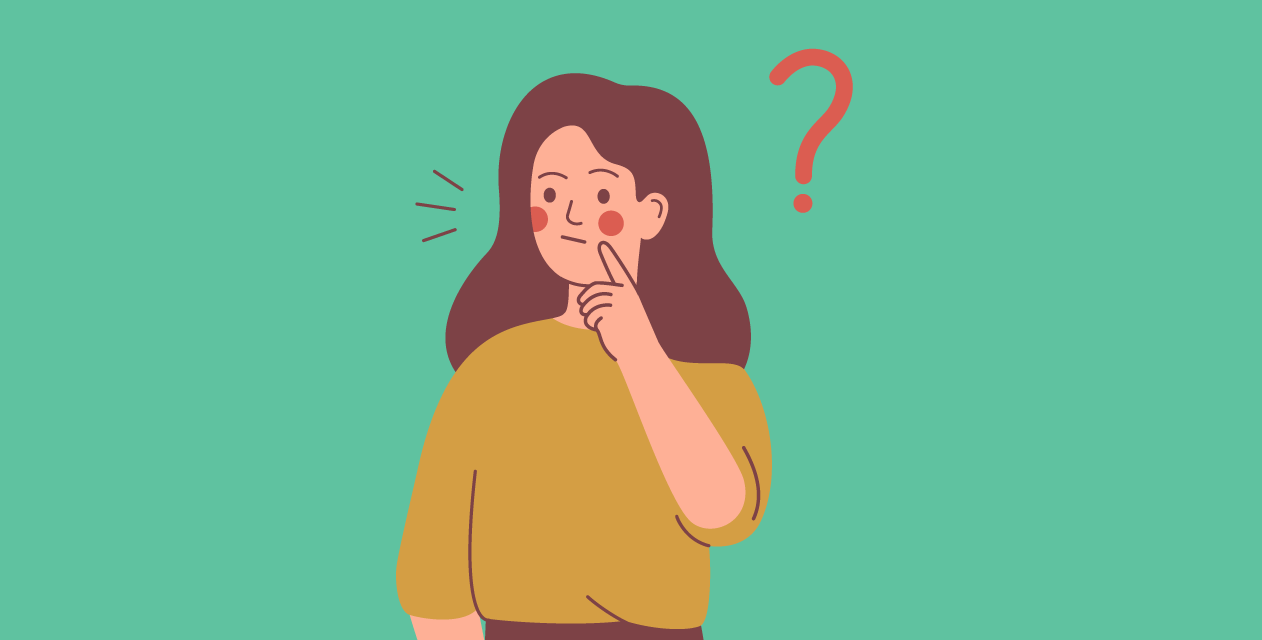
Why does PTSD happen?
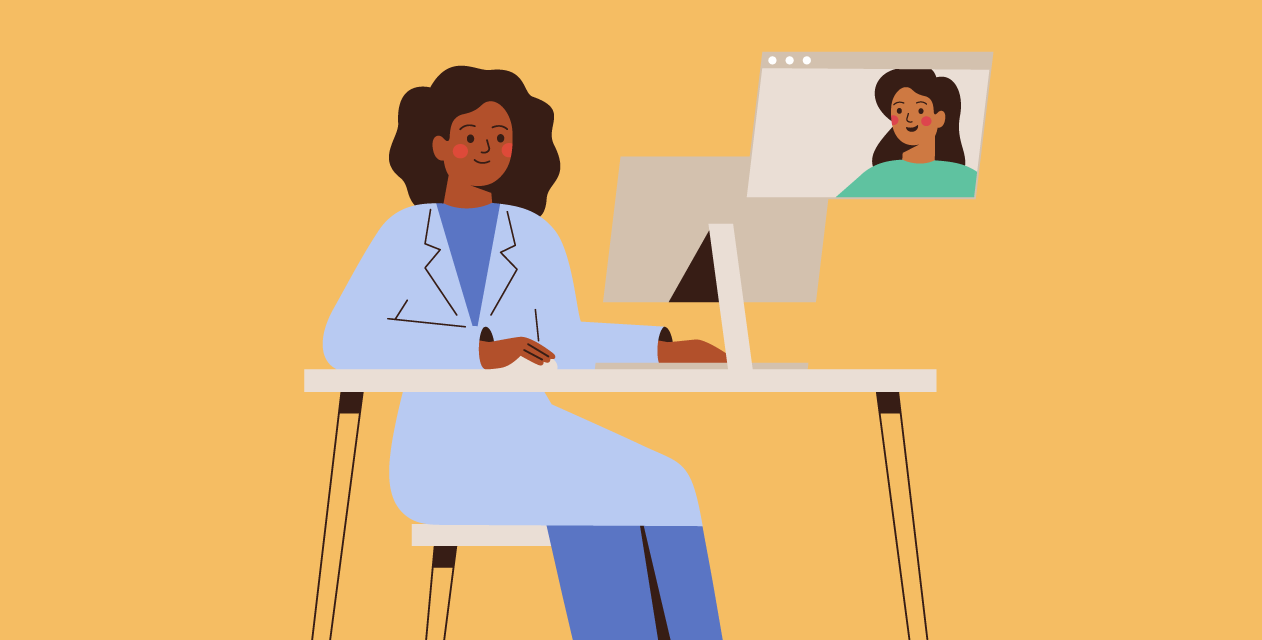
What are the treatments for PTSD?

Self help - PTSD
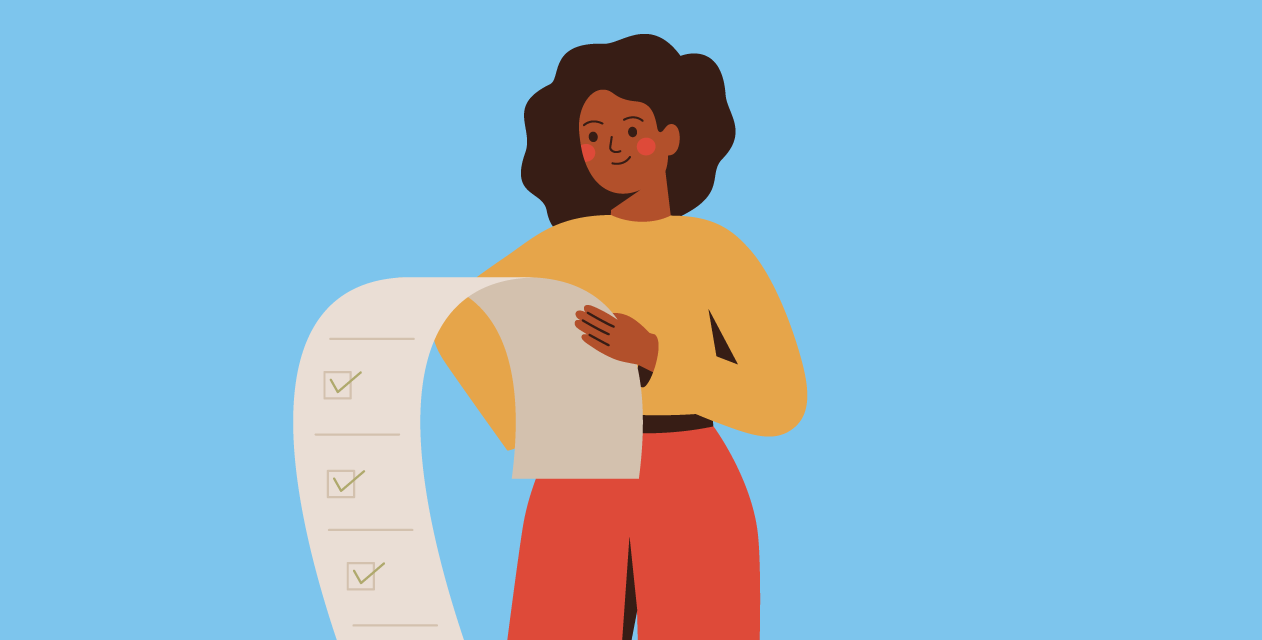
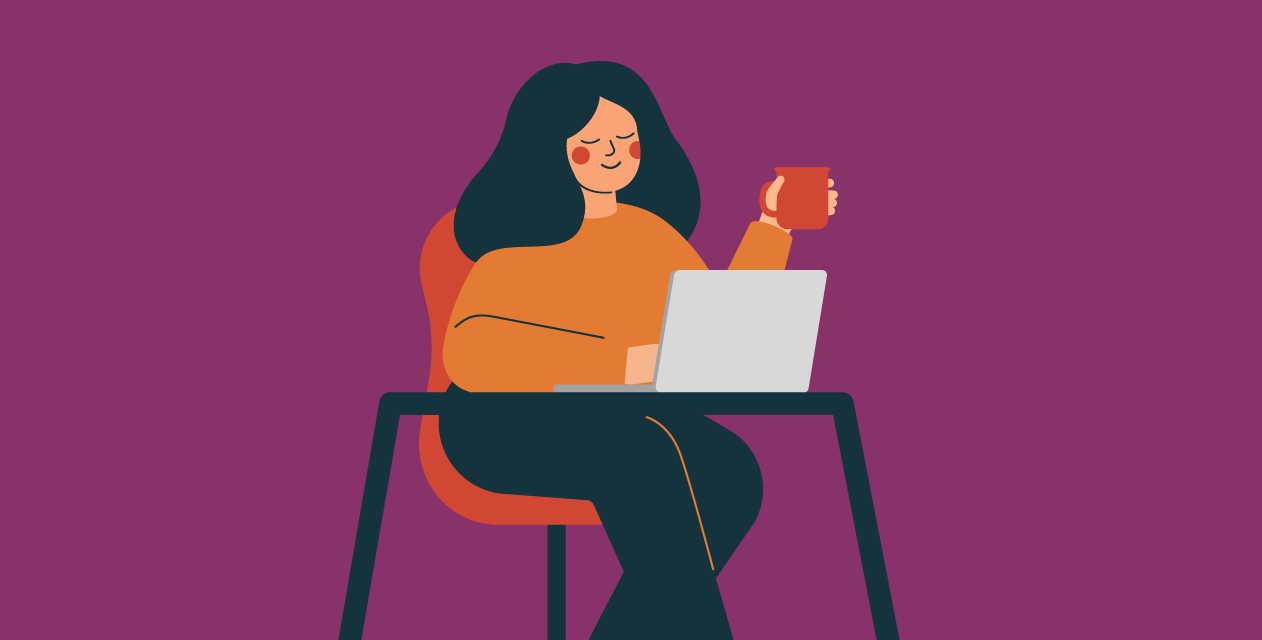
Supporting others and further sources of help
